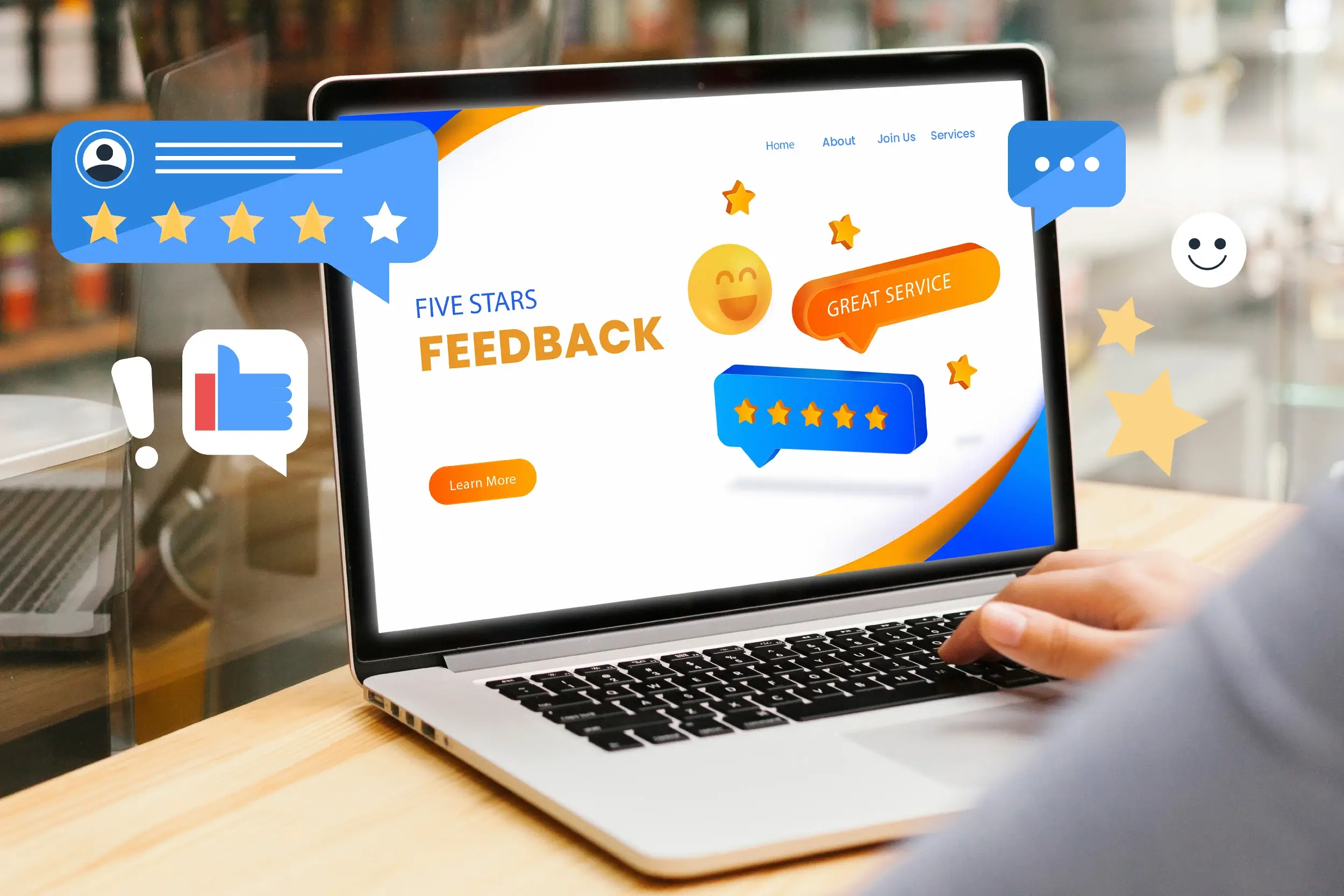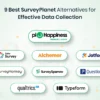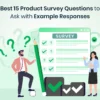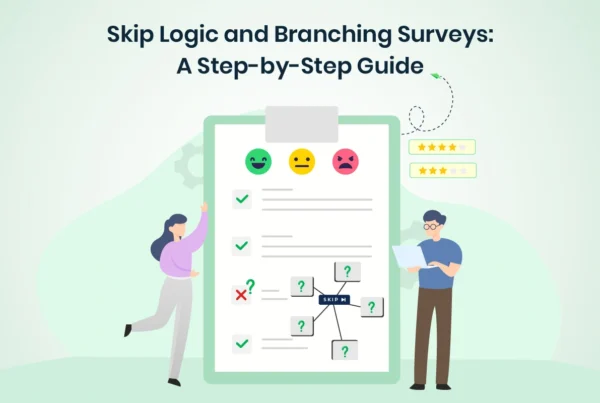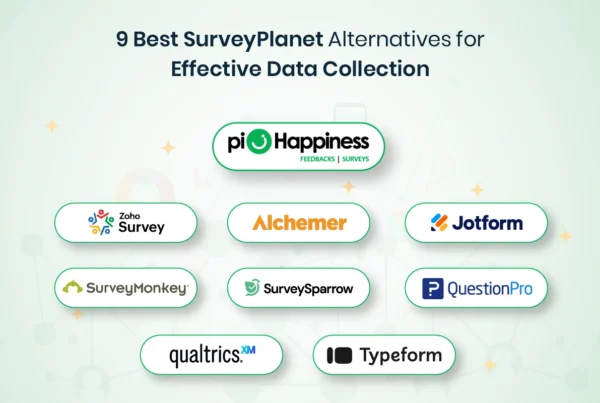Surveys are magnificent tools for gathering information about customers’ feelings, researching the industry, and monitoring employee happiness.
Online survey tools are now essential for companies succeeding in competitive marketplaces. In addition to providing a way to get feedback, they are also handy tools for researching markets, figuring out what customers want, and encouraging meaningful interaction with various audiences and platforms.
One of the finest ways to obtain the data you require from your audience is through online surveys and forms. Additionally, you need an app to assist you in gathering data so you can act on it, regardless of whether you’re designing a straightforward registration form or a comprehensive market research survey.
In this article, we will explore some of the most widely used online survey data collection software, their unique qualities, their benefits for your company, and how flexible and appropriate they are for various purposes. It will help you make the best decision for your company based on features, and other considerations.
Let’s get deeper into it!
What Features of Survey Data Collection Tools you should look for?
The following are some primary features that you must look for in a data collection survey software for analysis:
- Advanced Analytics: It requires trend analysis, cross-tabulation, and segmentation features.
- Integration Capabilities: The software must be able to easily integrate with other IT tools, including CRM systems, BI platforms, and Excel.
- Customization Options: An assortment of graphs, charts, and project dashboards can be customized to visualize data effectively.
- Customized Surveys: The tool must be able to construct intricate surveys with a variety of question types, branching logic, and adjustable design options.
- Break Insight Divisions: Regardless of a team member’s level of technical proficiency, the technology should make survey results simple to grasp.
- Support and Training: Thorough training materials and prompt customer service would be advantageous. Knowing that support is there to ensure your team gets the most out of the product gives comfort.
Top 10 Survey Data Collection Software
Below are the top 10 data collection survey software of 2025, including tools that combine strong functionality, an approachable interface, and flexibility in data analysis and survey design.
Each tool is the preferred option for efficient data collection since it supports distinct use cases and excels in particular areas. Let’s explore the tools below:
- piHappiness
- piHappiness is a specialized customer satisfaction and feedback gathering tool made to assist businesses in assessing user experience and making wise business decisions. It uses comprehensive data and feedback loops to help businesses pinpoint customer issues and increase loyalty.
- Key features include real-time analytics, sophisticated reporting, easy interaction with customer service and CRM platforms, and multi-channel survey capabilities (web, mobile, and in-person). Its robust dashboard and analytics engine offer in-depth insights, helping organizations gain a thorough understanding of consumer sentiment.
- SurveyMonkey
- One well-known platform that offers robust survey templates and customization choices is SurveyMonkey. This is the perfect alternative for businesses of all sizes seeking comprehensive reporting features, collaborative choices, and wise analytics.
- Essential features include customizable branding, AI-powered insights, integration possibilities, pre-built survey templates, and international support.
- Google Forms
- Google Forms is a simple yet efficient application that quickly generates basic surveys. It has a good integration with other Google Workspace applications as it effortlessly organizes and collects data.
- Key features include response tracking, easy sharing, real-time collaboration, and interaction with Google Sheets.
- Formstack
- Formstack is a dynamic platform that is great for organizations trying to automate workflows because it blends form-building with workflow functionality. Teams that want to immediately incorporate survey data into their current workflows are drawn to it.
- The key features are document generation, data routing, workflow automation, and safe data storage.
- Qualtrics
- Due to its sophisticated data analytics capabilities, Qualtrics is a popular choice among organizations for employee, customer, and product experience surveys. It provides powerful tools for obtaining information and evaluating outcomes to make data-driven choices.
- Key characteristics include robust customization, AI-powered analytics, predictive intelligence, and API interfaces.
- Typeform
- Typeform provides an engaging and conversational survey experience intended to boost response rates. It works excellently for surveys that are easy to use and visually appealing.
- Key features include visual-centric forms, logic branching, highly configurable templates, and interfaces with numerous third-party tools.
- Zoho Survey
- For users of Zoho’s CRM and other business applications, Zoho Survey is a perfect fit because it is part of the wider Zoho package. With its great degree of flexibility, multilingual survey capabilities, and comprehensive analytics, it is a good fit for companies requiring a smooth CRM connection.
- Essential features include comprehensive reporting, offline surveys, CRM connection, and multilingual support.
- SurveySparrow
- SurveySparrow, well-known for its conversational approach to surveys, helps companies build interesting surveys that can be shared through various platforms. It is particularly well known for its customer feedback surveys and NPS.
- Essential features include automation, offline mode, NPS rating, recurring surveys, and integration with well-known business tools.
- Jotform
- Jotform offers numerous form-building options, making it appropriate for both basic surveys and more intricate data collection. Its flexible and user-friendly interface enables several integrations, making it perfect for rapid implementation.
- Key features include data reporting capabilities, adjustable templates, conditional logic, and a drag-and-drop form builder.
- Alchemer
- Alchemer is a feature-rich platform that prioritizes adaptability and extensive personalization. Businesses that demand extensive functionality and have unique survey requirements are the ideal candidates.
- Essential features include API interfaces, sophisticated survey logic, robust reporting tools, and multi-channel feedback collecting.
In A Nutshell
Making an informed choice on the best survey data collection software requires determining your unique needs, assessing features, evaluating costs, and reading user reviews. To ensure efficient feedback gathering and analysis, select survey software that matches your budget delivers critical functionality, supports your goals, and has excellent user feedback.
